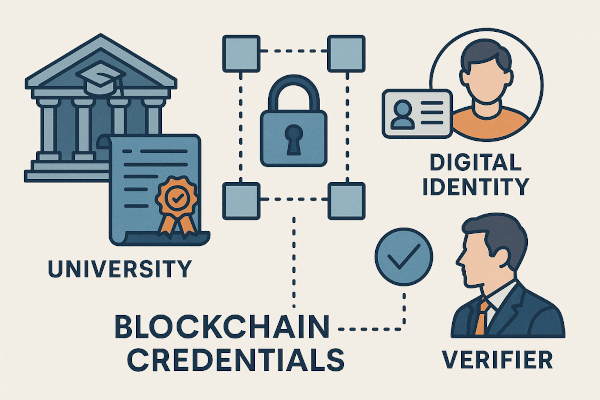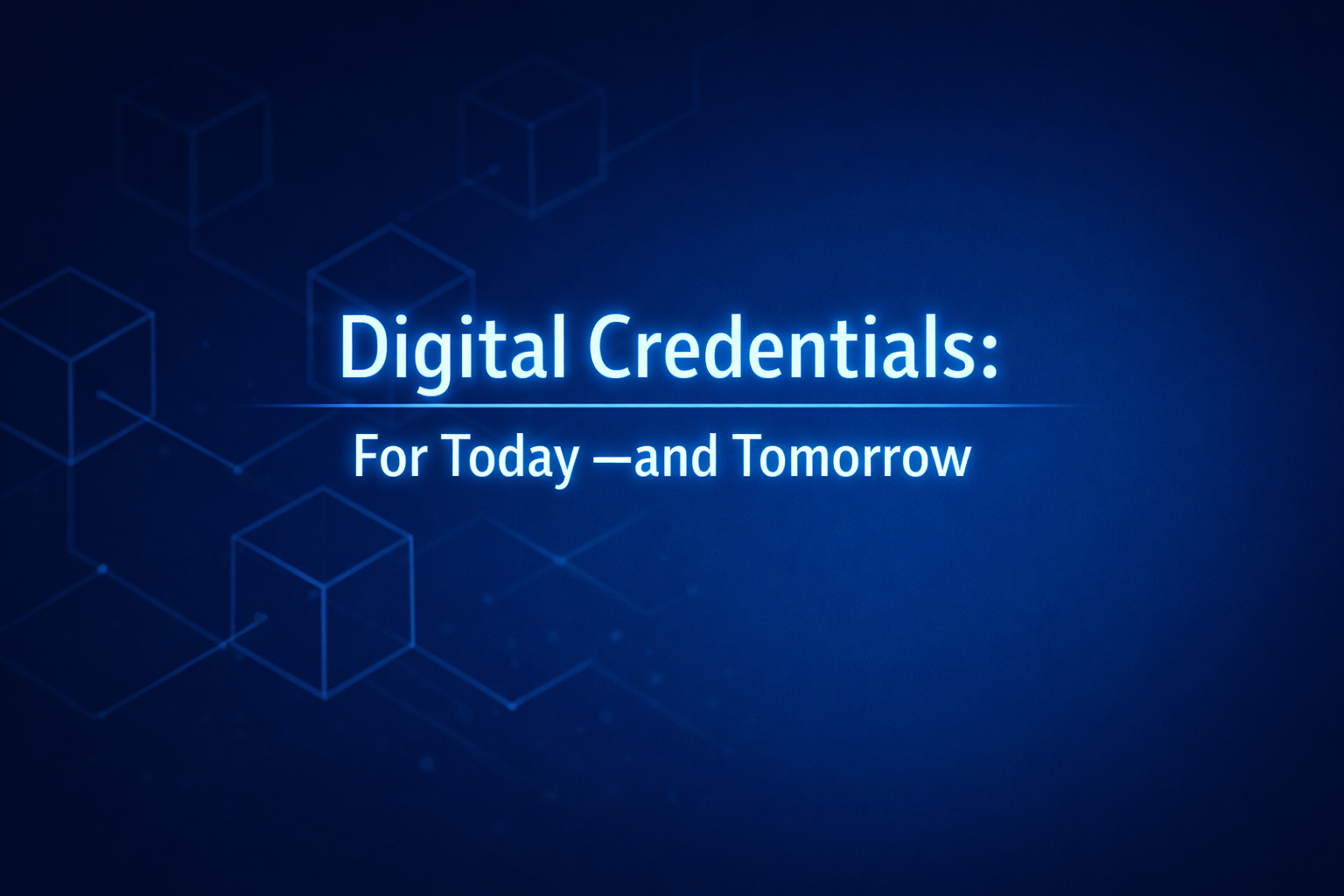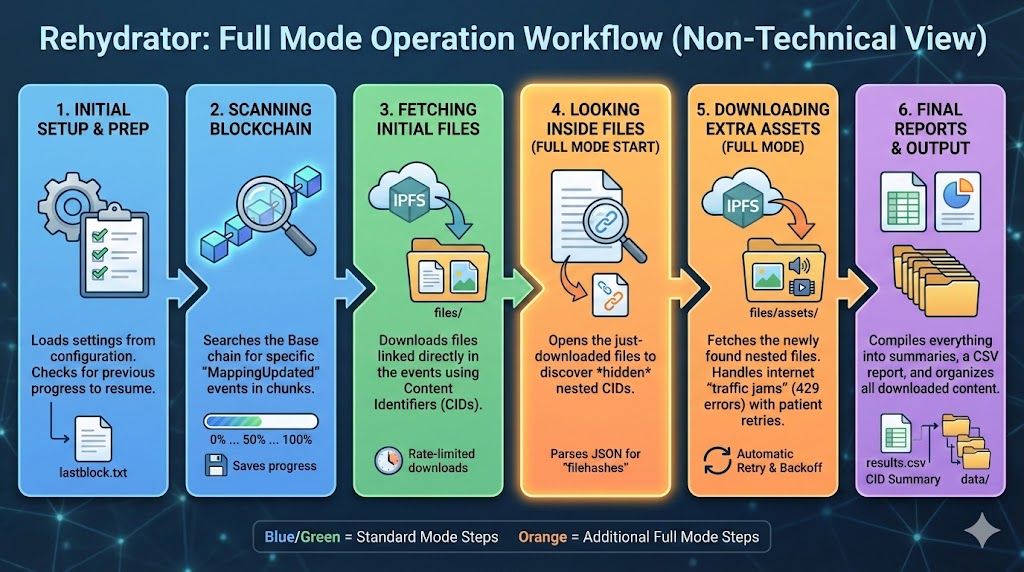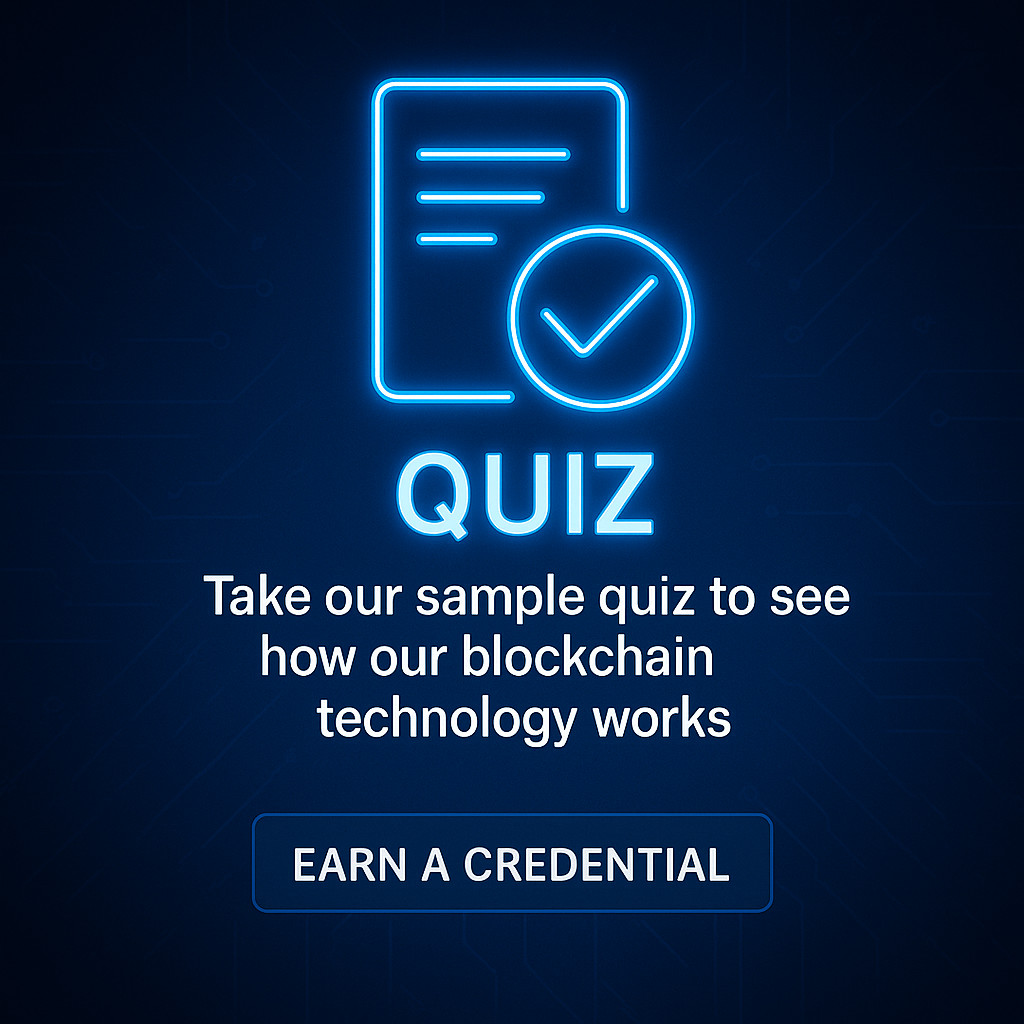by Sol Nasisi
Share
by Sol Nasisi

In a digital world awash in misinformation, identity fraud, and fake qualifications, trusted verification has become more valuable than ever. Universities, as long-established arbiters of credibility and record-keeping, are uniquely positioned to lead a new wave of digital identity services. By adopting blockchain-based credentials and offering verified, tamper-proof records, universities can transform themselves into centers of trust and authenticity—while also creating lucrative new revenue streams.
The Value of Verified Identity
Traditionally, universities issue diplomas, transcripts, and certificates that serve as proof of a student’s accomplishments. These documents confirm that a person earned their degree, completed a certification, or mastered a specific skill. However, in an increasingly digital and remote-first society, these same documents can also serve as proof of identity itself.
When credentials are cryptographically signed and published on a blockchain, they become nearly impossible to forge or alter. This means universities can effectively provide the foundational layer of verified identity that businesses, governments, and online platforms need to function securely. Employers, licensing bodies, professional networks, and even social media platforms have a growing interest in quickly and reliably validating who someone is and what they’ve achieved.
How Verification Creates a Revenue Opportunity
Here’s how this model works in practice:
-
Blockchain Credential Issuance
Universities issue diplomas, certificates, badges, and micro-credentials using blockchain technology. These credentials are stored in a secure digital wallet controlled by the graduate. Each credential includes a unique cryptographic signature linked to the issuing institution. -
Third-Party Verification Demand
When a graduate applies for a job, professional license, or other opportunity, the employer or platform needs to verify their claims. Rather than requiring manual document checks—which are slow, expensive, and error-prone—verifiers can instantly query the blockchain to confirm authenticity. -
Verification-as-a-Service Model
The university offers a digital verification service that charges third parties a fee each time they access or confirm a credential. The institution can set up subscription tiers, pay-per-verification pricing, or bundled verification packages for frequent users like large employers. -
Revenue Sharing and Scale
In many cases, universities partner with credentialing technology providers who operate the verification platform. In exchange, the university receives a share of the revenue each time a credential is verified.
This approach creates a recurring revenue stream that can grow over time as graduates continue to use their verified credentials throughout their careers.
Universities as Trust Hubs
By adopting this model, universities effectively expand their role from educators to lifelong validators of personal and professional identity. This is not only a natural extension of their mission but also a way to strengthen institutional prestige. When a university becomes recognized as a trusted issuer of verified digital credentials, its brand gains value far beyond the classroom. Employers, professional associations, and government agencies will come to see that institution as a reliable source of truth.
Additional Revenue Opportunities
Beyond basic verification fees, universities can expand their services in several ways:
-
Custom Credential Programs
Institutions can offer bespoke credentialing services for companies and industry associations that want to train employees or certify skills. For example, a university could co-develop blockchain-based certifications in data science, project management, or compliance, with revenue-sharing agreements. -
Continuing Education and Micro-Credentials
As professionals accumulate new skills over their careers, universities can issue blockchain-stamped micro-credentials for courses, workshops, and training sessions. Every credential issued increases the potential volume of future verifications. -
Identity Management Partnerships
Universities can partner with digital identity platforms and government agencies to serve as trusted identity validators. For example, verifying a graduate’s identity for online banking, government services, or high-security platforms could generate additional income. -
Premium Alumni Services
Alumni could pay for enhanced services such as identity verification subscriptions, credential management tools, or priority support.
Building the Infrastructure
To make this vision a reality, universities will need to invest in robust blockchain credentialing systems such as that offered by Chainletter Labs. Their system makes it easy for university’s to provide secure, user-friendly interfaces for issuing and verifying credentials and for monetizing university trust.
Universities must also consider legal frameworks around data privacy, user consent, and international interoperability. Done correctly, however, blockchain credentials can position institutions as vital participants in a digital trust economy.




